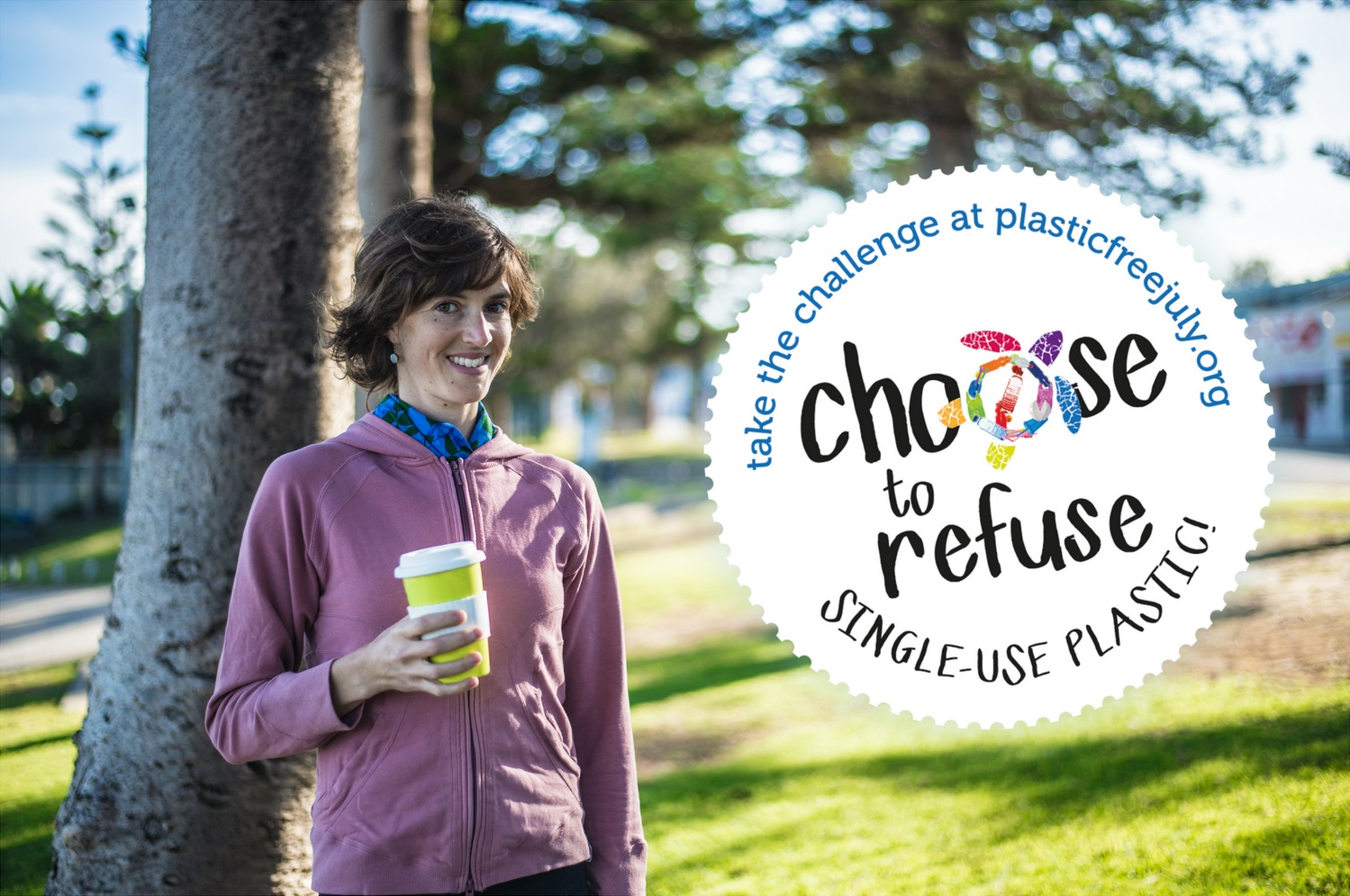According to the Ellen Macarthur Foundation, there could be, by weight, more plastic in our oceans than fish by 2050. 50 percent of this plastic is single-use, meaning that it is discarded once it’s used.
The most evident example is straws. We use them for 15 minutes to sip our iced coffee but it takes up to 200 years to decompose a single plastic straw. And just the USA consumes 500 million of them daily.
It’s a staggering amount and that’s why Starbucks just announced that it will eliminate plastic straws from its stores worldwide by 2020.
It’s no coincidence that the American coffeehouse company announced this decision in July. Indeed, this July, over 2 million people from 159 countries are choosing to go plastic-free joining the Plastic-Free challenge.
It all started in 2011 when a small group of employees from the Australian non-profit initiative Earth Carers decided it was time they had reduced their consumption of single-use plastics.
The small initiative quickly became a global movement that raises awareness on one of the greatest environmental challenges: plastic waste.
At Kinder, we’re all about reducing plastic consumption and that’s why we’re joining the challenge. We will be writing about easy ways to ditch single-use plastic and share the experiences of friends who are undertaking the same challenge.
Going plastic-free is often described as an expensive choice that only the privileged can afford. In part, that's true. And it's also true that the issue can only be completely solved at a political level.
But it's equally true that a grassroots movement, fueled by the media, can help push the reforms that are needed.
As for the expensiveness of a plastic-free lifestyle, over the next weeks, we hope that we will be able to show you how to ditch single-use plastic without breaking the bank.
Follow us on Instagram to receive daily updates on how, all together, we can make this world a little more sustainable.






